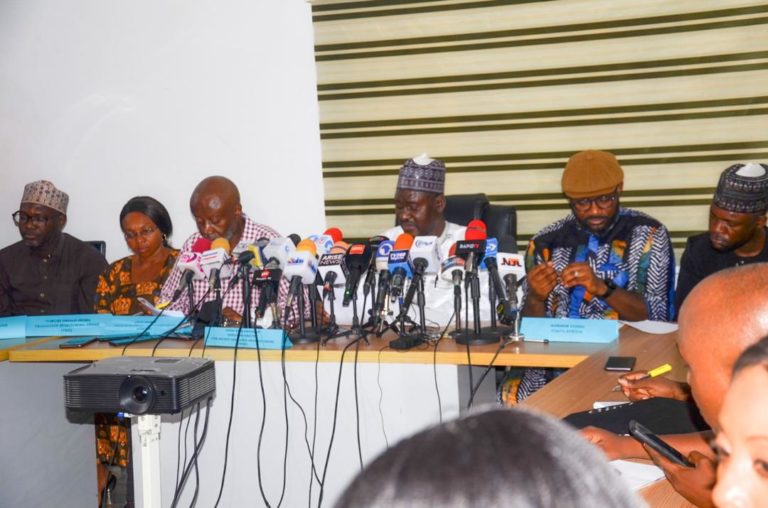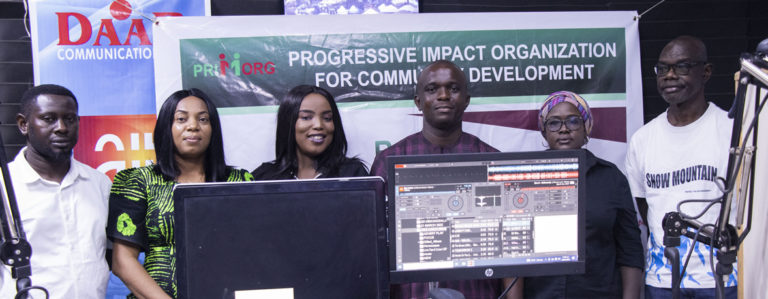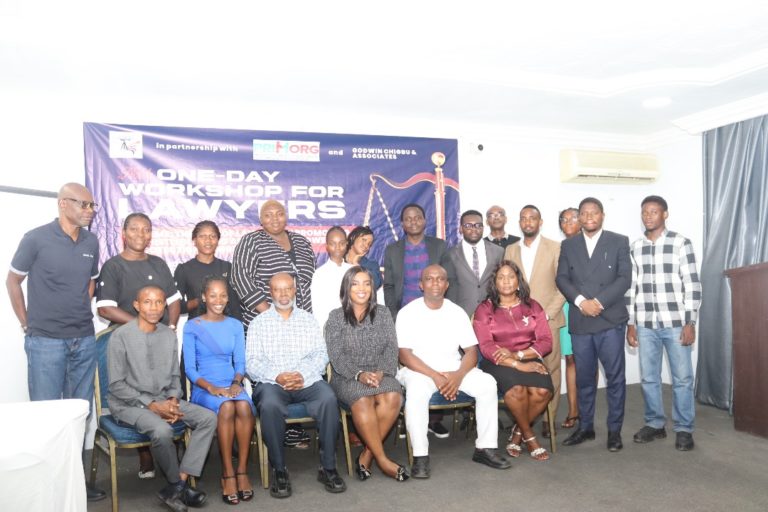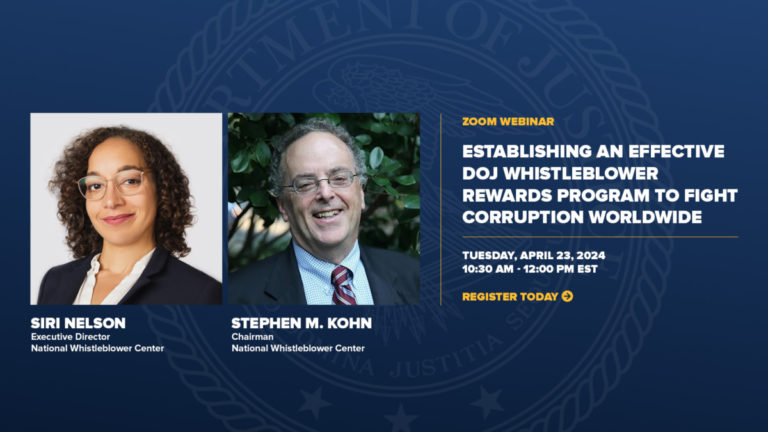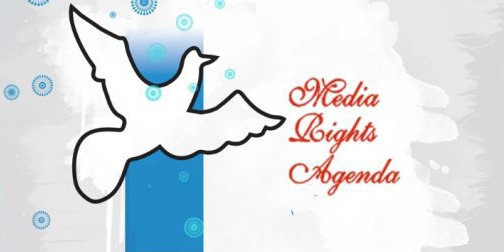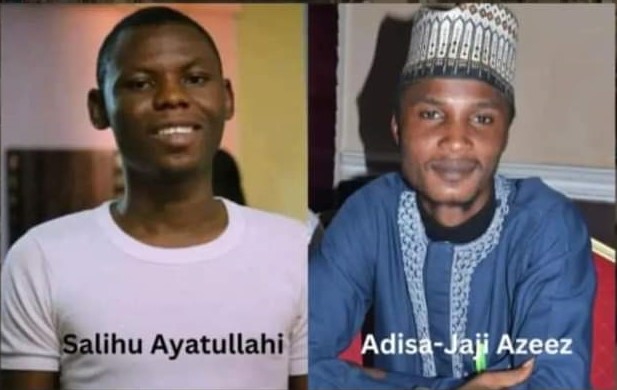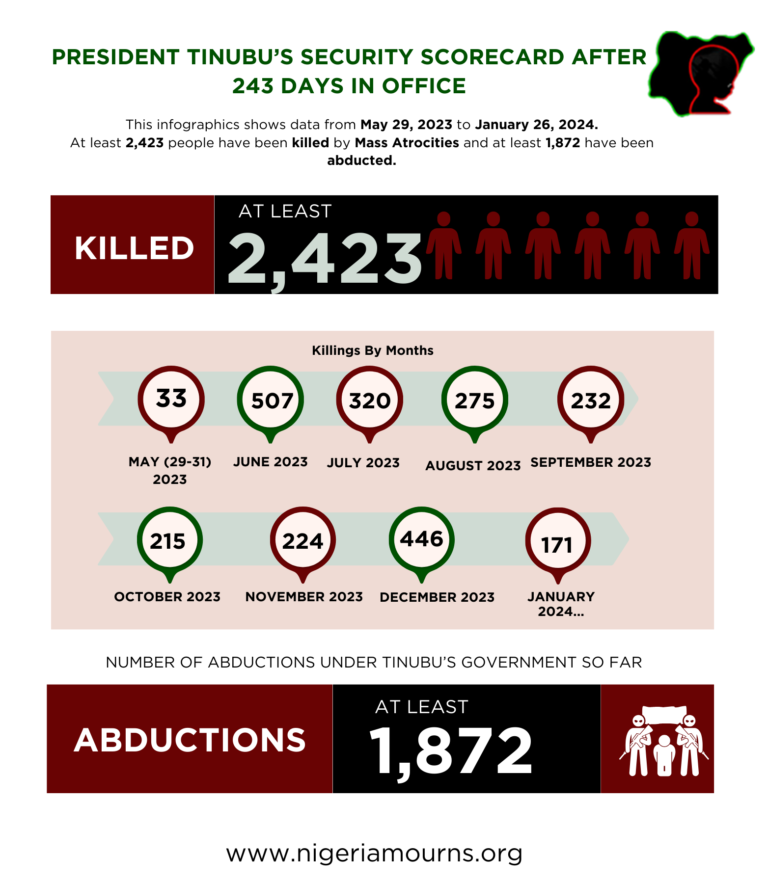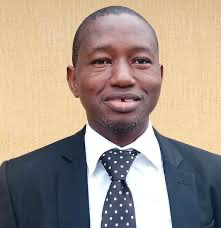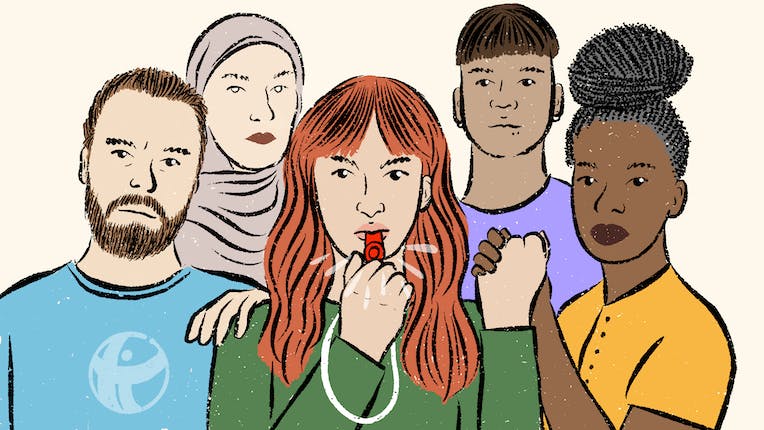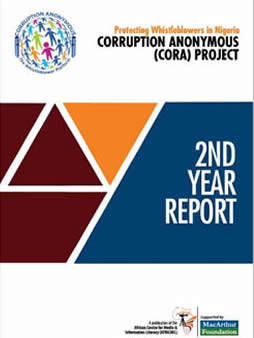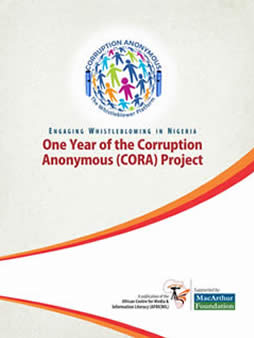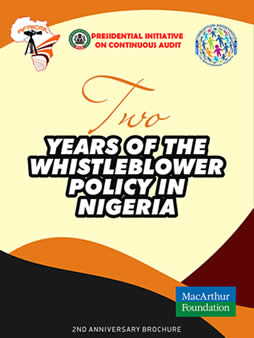When Dr. John O’Connor sounded alarms in 2006 about high levels of cancer in communities downstream of the Alberta oilsands, he began a 15-year battle against governments who denied the problem.
O’Connor — who treated patients in Fort Chipewyan, a remote First Nations community along the Athabasca River — suggested the unusual numbers of rare cancer cases could be linked to the pollution coming from oil and gas extraction to the south. And he kept raising concerns, even as health officials threatened to pull his medical licence and he was fired from his job at the local health authority.
“This is an ongoing tragedy. A total disgrace,” he told U.S. senators in 2015 as they considered the Keystone XL pipeline. “The government of Alberta and Canada have been lying, misrepresenting the impact of industry on the environment.”
Now, Ryerson University’s Centre for Free Expression has awarded O’Connor the 2021 Peter Bryce Prize for whistleblowing to honour the doctor’s courage in speaking up. He will be the first recipient of the award, created this year to honour people who speak out against wrongdoing, often at great personal cost.
“We consider you a most deserving first recipient of the Peter Bryce Prize and a role model not just for physicians, but for everyone whose job or personal values require that they speak up to serve the greater good,” said David Hutton, a senior fellow at the Centre for Free Expression, as he presented the award in a Zoom ceremony Wednesday.
O’Connor said he was “humbled” to have worked with the community in Fort Chipewyan.
“I am truly honoured,” he said, holding up the award in front of his computer’s camera and giving it a small kiss.
“I’m gobsmacked. All I’m doing is my job. Part of being a physician is being an advocate for your patients, and that’s all I do.”
Athabasca Chipewyan First Nation Chief Allan Adam thanked O’Connor, saying his work helped the community get global attention on the issue of cancer in the oilsands.
“The struggle will always be there, but if it wasn’t for you, the world would never know,” Adam said.
After Adam was first elected to his role in 2007, the O’Connor’s work helped show him that he had to fight if there was to be any hope of forcing governments to act, the chief said.
“O’Connor revealed the community was dying,” Adam said. “I came to terms to accept the fact that I was a walking dead man… We just went out and promoted the message that this had to happen.”
After O’Connor spoke out in 2006, he came under fire from federal and provincial officials.
The provincial government said O’Connor had “insufficient evidence” and Alberta’s College of Physicians and Surgeons accused him of “raising undue alarm” after complaints from Health Canada doctors. As the investigation played out, he temporarily moved to Nova Scotia.
Though he was cleared of wrongdoing in 2009 and studies — one released the same year and another in 2007 — backed up his assertions of higher cancer rates and pollution in the region, O’Connor was abruptly fired in 2015.
He still works as a doctor in northern Alberta and continues to push for governments to act on the problem. To this day, a comprehensive health study to definitively prove that the oilsands is causing higher levels of cancer has not been done.
As O’Connor suffered the effects of the backlash, the community’s resolve got even stronger, Adam said.
“It just made the fight more worthy to fight,” he said. “This time we were not fighting for our community, we were fighting for our doctor, the doctor who raised the alarm.”
But Adam also said the problem remains — even amid COVID-19, more of his community are dying from cancer than the virus, he said.
“Nobody’s doing nothing about it… it seems like government and industry work hand in hand,” he said.
After what happened to O’Connor, the Canadian Medical Association passed a resolution aimed at protecting whistleblowers like the Alberta doctor. But Canada’s overall protections for whistleblowers are weak — its laws are among the weakest in the world and are “nearly entirely dormant,” found a report by the International Bar Association released this week.
The Centre for Free Expression award is named after Dr. Peter H. Bryce, a medical inspector who blew the whistle in 1907 about horrifying sanitation, health practices and mortality rates at residential schools in Canada. The government refused to publish Bryce’s report, and he was later forced out of his job.
Nominations for next year’s prize are open until Dec. 31, 2021.
Source: https://www.nationalobserver.com


